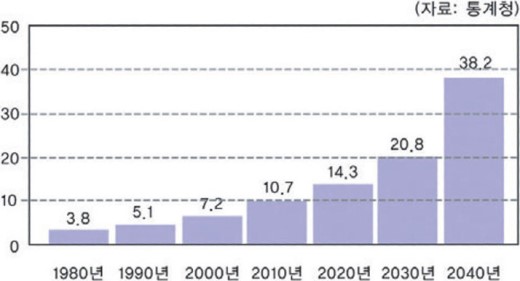and Population ageing is the increase in the number and proportion of older people in society. Ageing has a significant impact on society.Young people tend to commit most crimes, they are more likely to push for political and social change, to develop and adopt new technologies and to need education, the latter of which tend to lose political significance for people in the ageing process.Older people have different requirements from society and government as opposed to young people and frequently differing values as well, such as for property and pension rights. Older people are also far more likely to vote and in many countries the young are forbidden from voting. Thus, the aged have comparatively more, or at least different, political influence.
question
aging can be not good to society, so what is the problem? is only population older aging? and is only increasing population?

Aging society, how other solutions What?
ReplyDelete